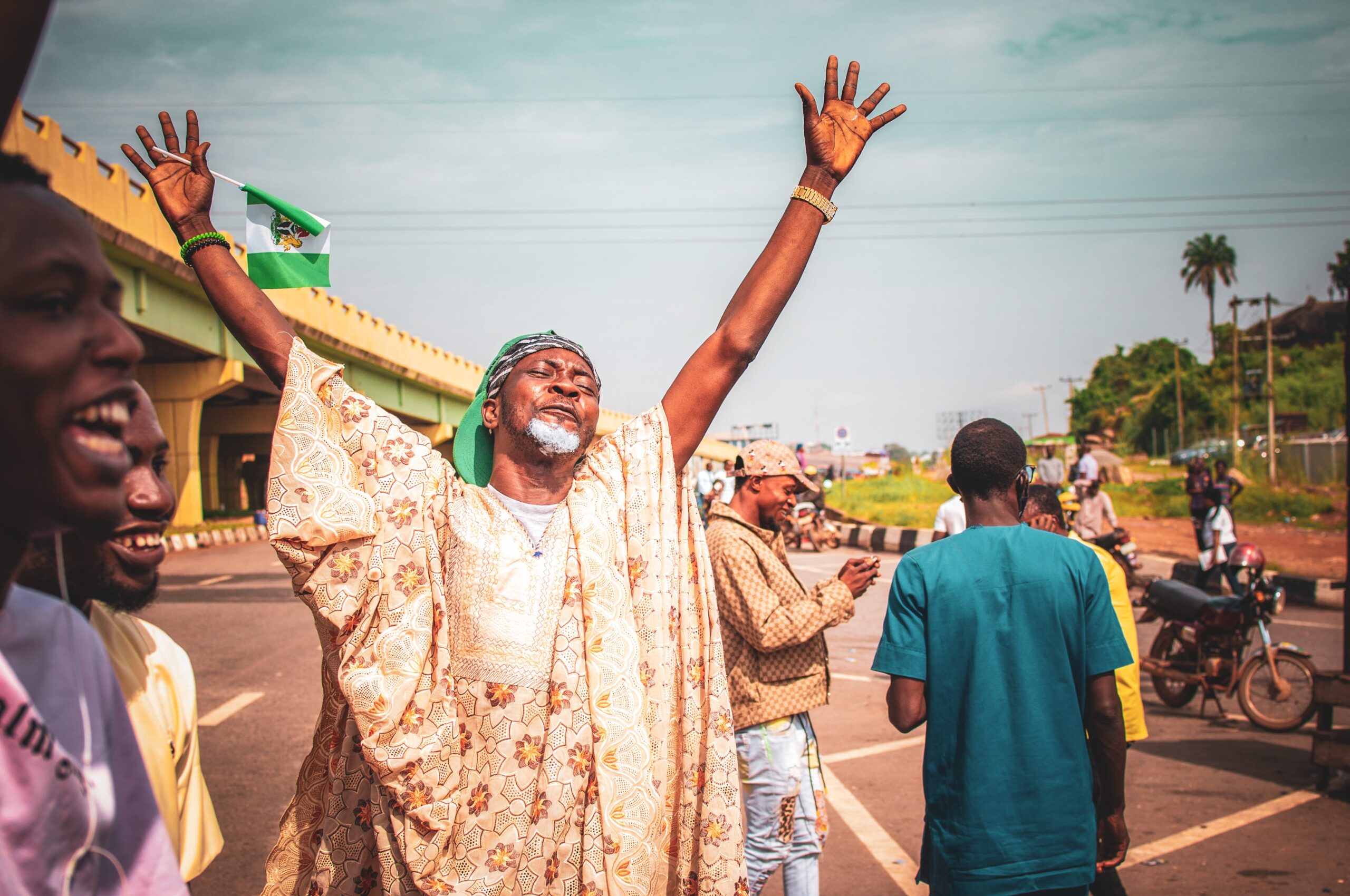Democracy Day; What is There To Celebrate?


On May 29 1999, Nigeria moved from military rule to democracy. After Sani Abacha died in 1998, his successor Gen. Abdulsami Abubakar promised a transition to democracy and a new constitution was adopted on May 5, 1999. And since 2000, May 29 has been celebrated as a national holiday. That is until 2018, when President Muhammadu Buhari moved the holiday to June 12, formerly known as Abiola day, celebrated in some southwestern states of Nigeria.
For most of its history after independence, Nigeria was ruled by military officers until 1999 with the election of retired Gen. Olusegun Obasanjo as civilian president; he had previously governed Nigeria as a military ruler.
The end of military rule saw the rise of regular elections and civil liberties and a fall in arrests and torture; human rights violations still occur regularly.
Since Nigeria started operating under a democracy, the country has had four civilian presidents. One of whom died in office(Umaru Musa Yar’adua}ultimately leading the Vice President Goodluck Ebele Jonathan to ascend to the role of president.
How has life changed since Nigeria became a democratic country, and is there anything to celebrate with the increasing levels of insecurity in the country?
Most Nigerians would agree that the Nigeria we see today is not the Nigeria our heroes’ past envisioned when they were fighting for us to be independent. Itʼs also not the Nigeria citizens in 1999 who were excited about becoming a democracy. Many have waited but are yet to walk into the promised land filled with milk and honey. It seems like we are walking around in circles with no clear way out. The fight against corruption is failing, and economic empowerment dreams are becoming nightmares. Tribalism is at an all-time high as citizens do not trust each other. As Nigeria prepares for another election, the hope remains that a leader who wants better for the people and the country will take over and take Nigeria to the heights it should have attained long ago.
